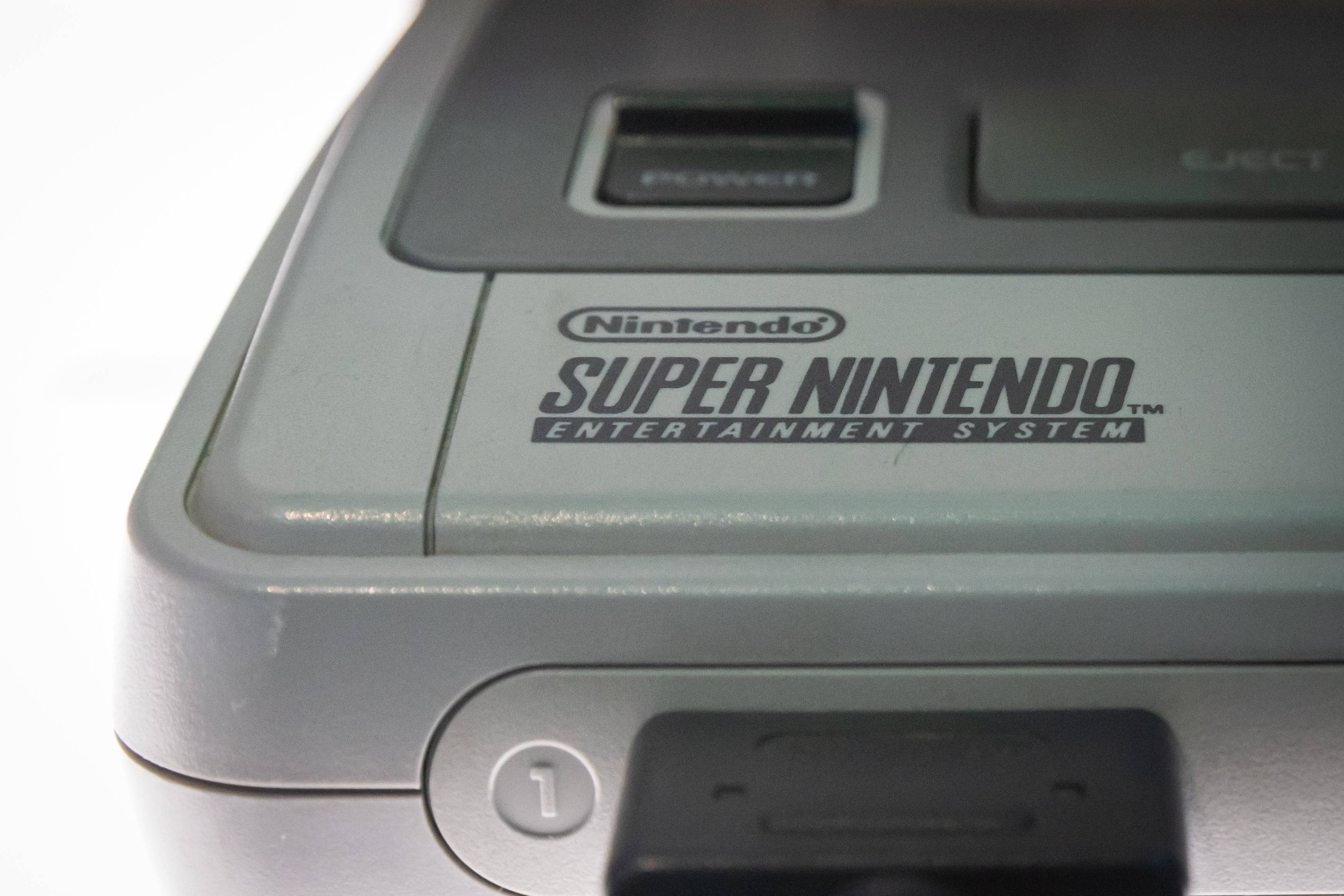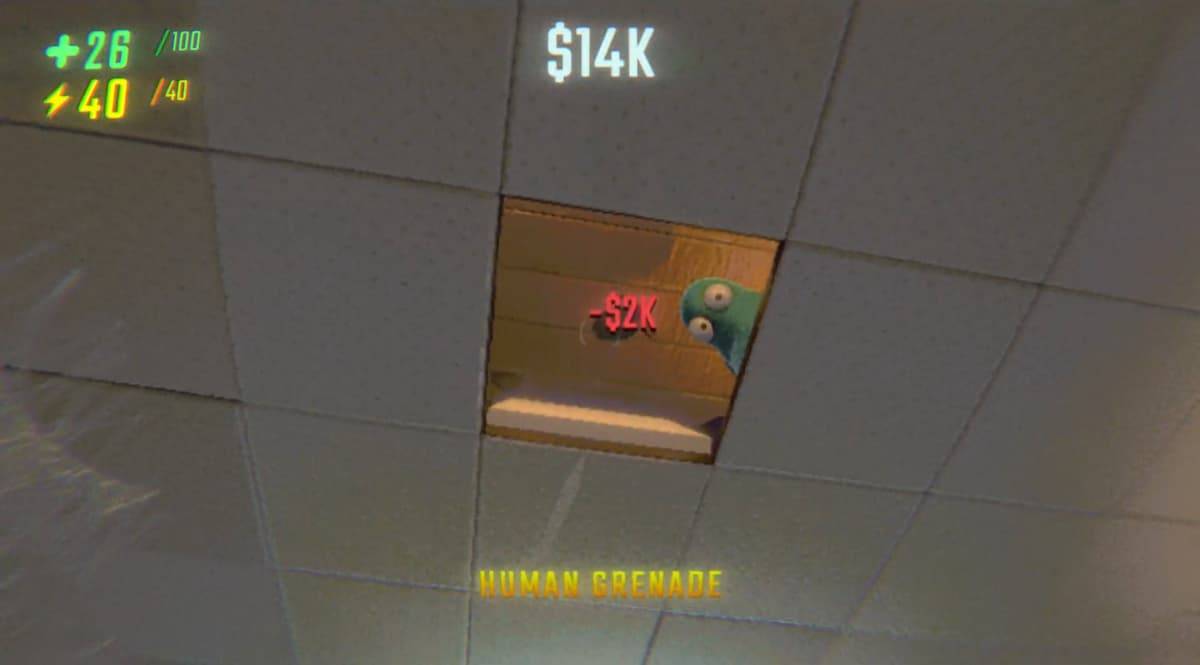The speedrunning community is grappling with a peculiar technological phenomenon that suggests the Super Nintendo Entertainment System (SNES) might be running games faster as it ages. In early February, Alan Cecil, a user on Bluesky known as @tas.bot, sparked intrigue by suggesting that the SNES, which sold nearly 50 million units, could be performing better with classics like Super Mario World, Super Metroid, and Star Fox than when it was brand new in the 1990s.
The notion that a console could improve its performance over time might sound far-fetched, but Cecil's research points to a specific component: the SNES's audio processing unit (APU) SPC700. According to official Nintendo specifications, the SPC700 has a digital signal processing (DSP) rate of 32,000Hz, governed by a ceramic resonator running at 24.576MHz. However, enthusiasts have noted that the actual DSP rate can vary slightly based on environmental factors like temperature, affecting how audio is processed and sent to the CPU, which in turn can subtly influence game speed.

Cecil called on SNES owners to record data from their consoles, and the responses—over 140 so far—indicate a trend of increasing DSP rates. Where the average DSP rate was once recorded at 32,040Hz in 2007, Cecil's recent findings suggest an increase to 32,076Hz. While temperature does play a role in these fluctuations, it's not significant enough to fully explain the rise in DSP rates.
In a follow-up post on Bluesky, Cecil shared, "Based on 143 responses, the SNES DSP rate averages 32,076Hz, rising 8Hz from cold to warm. Warm DSP rates go from 31,965 to 32,182Hz, a 217Hz range. Therefore, temperature is less significant. Why? How does it affect games? We do not know. Yet."
Despite the intriguing findings, Cecil acknowledges that more research is needed to understand the full extent and cause of the SNES's increased processing speeds. Historical data on console performance from the first decade is scarce, but it's clear that as the SNES nears its 35th anniversary, it's aging remarkably well.
This phenomenon has significant implications for the speedrunning community. If the SPC700 is indeed processing audio faster over time, it could potentially shorten load times in games, affecting leaderboard rankings and records spanning over three decades. However, the impact on speedruns is likely to be minimal, with even the most extreme scenarios shaving off less than a second. The community is still in the early stages of research, but the consensus is that there's little cause for concern among players.
As Cecil continues his investigation into the SNES's inner workings, the console remains a beloved piece of gaming history. For more on the SNES, you can explore its place on the list of best-selling consoles of all time.







![NULL [Remastered]](https://imgs.39man.com/uploads/71/1719651062667fcaf6c483b.png)








